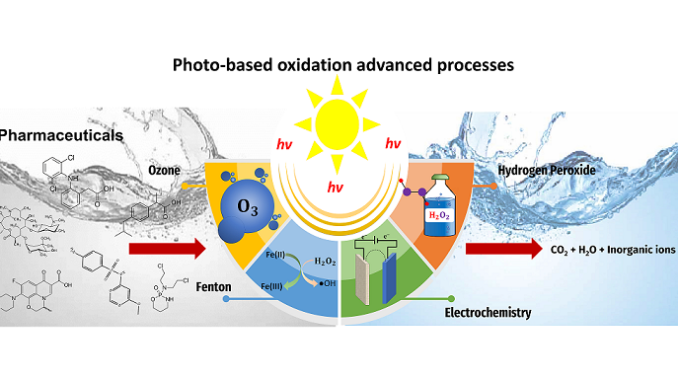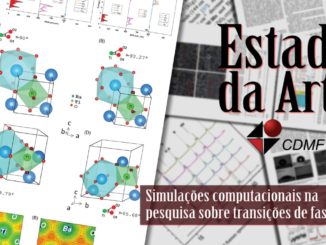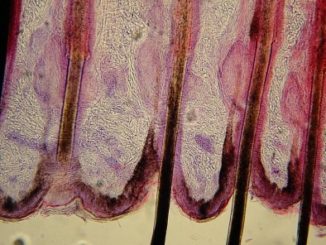
A Critical Review of Photo-Based Advanced Oxidation Processes to Pharmaceutical Degradation
Abstract: Currently, the production and consumption of pharmaceuticals is growing exponentially, making them emerging contaminants that cause hazards to the ecological environment and human health. These drugs have been detected in surface water and drinking water around the world. This indicates that the conventional treatments used are ineffective for the removal of these compounds from the water, since they are very complex, with high stability and have high persistence in aquatic environments. Considering this problem, several types of alternative treatments, such as advanced oxidative processes, have been studied. Of these, AOPs using irradiation have received increasing interest due to their fast reaction rate and the ability to generate oxidizing species, which leads to an efficient degradation and mineralization of organic compounds, thus improving the quality of water and allowing its reuse. Therefore, in this review, we focus on the advances made in the last five years of irradiated AOPs in the degradation of different classes of pharmaceutical compounds. The articles address different study parameters, such as the method of the synthesis of materials, oxidants used, treatment time, type of light used and toxicity of effluents. This review highlights the success of irradiated AOPs in the removal of pharmaceuticals and hopes to help the readers to better understand these processes and their limitations for removing drugs from the environment. It also sheds light on some paths that future research must follow so that the technology can be fully applied.
Author(s): Gonzaga, I.M. D. ; Almeida, C.V. S. ; Mascaro, L.H.
Catalysts 2023
Published: 18 January 2023
DOI: https://doi.org/10.3390/catal13020221
CDMF
The CDMF, hosted at the Federal University of São Carlos (UFSCar), is one of the Research, Innovation and Dissemination Centers (RIDC) supported by the São Paulo State Research Support Foundation (Fapesp), and also receives investment from the National Council Scientific and Technological Development (CNPq), from the National Institute of Science and Technology of Materials in Nanotechnology (INCTMN).




